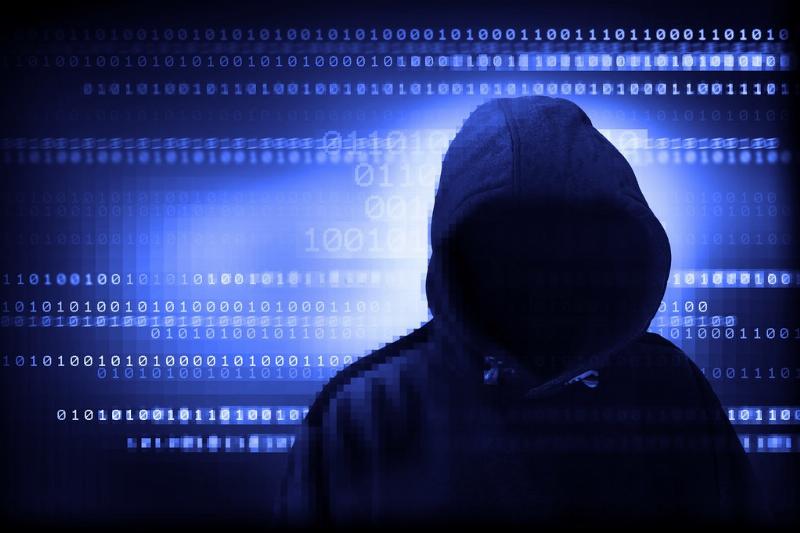Is Cybersecurity Endangered?
The Cybersecurity Information Sharing Act of 2015 (CISA 2015) was a landmark legislation that acknowledged the need for cooperation in cyber defense, rather than isolation. By sharing indicators of compromise, attack methods, and threat intelligence, companies and government agencies aimed to strengthen collective resilience. Although imperfect, CISA 2015 represented progress towards building a more robust cybersecurity landscape.
However, with CISA 2015 set to expire, the United States is facing a significant setback. The expiration would remove the legal framework that encouraged companies to share critical threat information without fear of liability. This could lead to a fragmented environment where organizations conceal breaches, regulators operate in the dark, and cyber adversaries exploit the gaps.
Publicly traded companies already face difficult choices when a cyberattack occurs. Disclosure often leads to stock price volatility, regulatory scrutiny, lawsuits, and reputational harm. The SEC has attempted to close loopholes by mandating timely disclosure of material cyber incidents, but enforcement has been uneven. Without CISA's structured framework, companies may conclude that silence is the least damaging option.
A ransomware attack, for example, could be downplayed as a "system outage" in financial filings, allowing executives to manage perception while attackers reuse the same methods elsewhere. Investors, customers, and smaller firms in the supply chain would remain uninformed until it is too late. The consequences are not limited to Wall Street.
Supply chain attacks have demonstrated that when one organization fails to disclose, dozens or even hundreds of others become vulnerable to the same tactics. Transparency is not simply a compliance issue -- it is a matter of national and economic security.
The Risks of Expired CISA 2015
The expiration of CISA 2015 would remove the legal framework that encouraged companies to share critical threat information without fear of liability. This could lead to a number of consequences, including:
- Increased fragmentation: Organizations may conceal breaches, regulators operate in the dark, and cyber adversaries exploit the gaps.
- Reduced transparency: Companies may downplay cyberattacks, such as ransomware attacks, to avoid reputational harm.
- Weakened cooperative agreements: International partnerships built on the assumption of consistent information sharing would be strained or broken.
The Importance of Timely Information Sharing
Timely information sharing is crucial in today's rapidly evolving threat landscape. Scams that threaten to disclose search requests and webcam footage, fraudulent antivirus campaigns masquerading as antivirus protection, human vulnerability being exploited more than technical flaws - these threats spread most effectively when warnings are delayed or withheld.
A single disclosure can equip hundreds of organizations to patch or block attacks. Without it, the same exploit may be used repeatedly, compounding damage across industries. As a result, individual entities in both the public and private sectors must focus on endpoint protection platforms to cover blindspots.
Market Dependence on Accurate Information
Markets depend on accurate information. Just as investors require transparency in financial reporting, they now expect disclosure of cyber risks that could materially affect operations. If companies choose secrecy over transparency, confidence in the integrity of markets erodes.
The Need for Zero-Trust Architecture
Businesses -- particularly small and mid-sized enterprises -- must adopt zero-trust architecture to cover blindspots. Zero trust assumes that every user, device, and connection could be compromised. Access is continuously verified, networks are segmented, and sensitive data is protected through strict controls.
A Call for Renewal and Private Sector Accountability
Renewal of CISA 2015 is necessary to avoid drifting into a digital environment where attackers operate with impunity and victims suffer in isolation. However, renewal alone is not sufficient. Companies must accept that government cannot provide comprehensive protection. Cybersecurity is a shared responsibility, and silence is not a defense.
By renewing CISA and reinforcing private sector accountability, the U.S. can build a more robust cybersecurity landscape that prioritizes transparency, cooperation, and resilience.
Julio Rivera is a business and political strategist, cybersecurity researcher, founder of ItFunk.Org, and a political ator and columnist. His writing, which is focused on cybersecurity and politics, is regularly published by many of the largest news organizations in the world.
